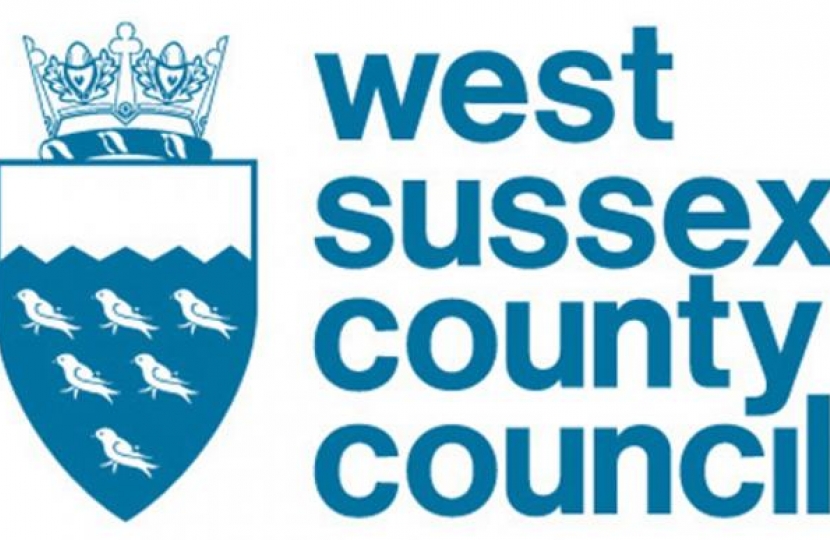
A new plan which sets out what the County Council should focus on in the future, and how it should spend its money, has been endorsed at a Cabinet meeting today (Friday 22 January).
The Reset Plan sets out the key priority outcomes for the council over the next four years and guides how budgets are allocated and performance is measured. The Reset plan is part of the council’s improvement journey. It takes learning from the response to Covid-19 and focuses on what is needed most for residents both now and in the future.
The key priority outcomes are:
- Keeping people safe from vulnerable situations
- A sustainable and prosperous economy
- Helping people and communities to fulfil their potential
- Making the best use of resources
Climate change is central to all the priorities. The Council’s commitment to be carbon neutral by 2030 will be considered at every stage of the Reset Plan’s development.
The plan will now go to a Full Council meeting being held on Friday 12 February for final approval, along with the budget for the coming year.
Paul Marshall, Leader of West Sussex County Council, said:
The last year has seen unprecedented changes due to the global pandemic, which the County Council has had to adapt to and prioritise. At the same time, we’ve faced huge challenges in terms of resources and demands on our services. We’ve also been working hard to make improvements in our Children’s and Fire and Rescue services.
The Reset Plan takes all of this into account, building on the good work and learning we’ve achieved along the way, and ensures we’re focusing on the things which matter most to our residents, and that we’re making the best use of the funding we have available.
The County Council has worked with partners and staff and has considered the views of its residents when putting this plan together.
The Reset Plan is closely aligned with the financial forward planning of the council and the annual budget is a vital part of this.
Today Cabinet also agreed its budget for 2021/22. This will also go to the Full Council meeting on Friday 12 February for final approval.
The net annual budget includes more than £600m in revenue expenditure for the day to day running of the council. This year’s budget includes further investment (excluding inflation) of £22m in services with particular investment in Adults and Children’s Social Care.
The £666.5m five-year capital programme covers funding for our schools, maintenance and improvement of highways and buildings from which services are delivered.
This year’s budget includes an additional £12m investment in highways, as well as a separate £10m dedicated to meeting our climate change commitments such as being carbon neutral by 2030.
Following the government’s recent announcement on local government funding for the coming year, the Cabinet has been able to review all of its proposed savings decisions. The budget now includes £18.5m in proposed savings for 2021/22.
The full details of the budget proposal investments and savings are on our website:https://westsussex.moderngov.co.uk/documents/g2310/Public%20reports%20pack%2022nd-Jan-2021%2010.30%20Cabinet.pdf?T=10
In order to balance the budget for the coming year, Cabinet is also proposing an increase in council tax of 1.99% - plus an additional 3% for adult social care – making a total increase of 4.99%.
If approved, this would put the County Council element of an average band D council tax bill at £1,510.56 – or just over £4 per day. This would be an increase of £71.82 per year or £1.38 per week compared to last year’s bill.
Jeremy Hunt, West Sussex County Council Cabinet Member for Finance, said:
This year’s budget setting process has been one of the most challenging in recent memory.Demand for our services is increasing, whilst the money we have available to fund these services is decreasing. And at the same time, we’re also faced with uncertainty around future funding allocations.
Despite saving £258m since 2010 we have still had to plan further savings of £18.5m, and – unfortunately - an increase in council tax in order to balance our budget for next year. However, we are still faced with a budget gap of over £50m in the following three years, so we have many challenges ahead.
However, despite these savings we are once again proposing to put more money into many of our frontline services. Services that are there to support all our residents, but especially those in our community, for whatever reason, need a helping hand.
Members will decide whether to approve the Reset Plan and overall budget at the Full Council meeting being held virtually on Friday 12 February.
For further information about the council’s financial position visit: www.westsussex.gov.uk/budget
